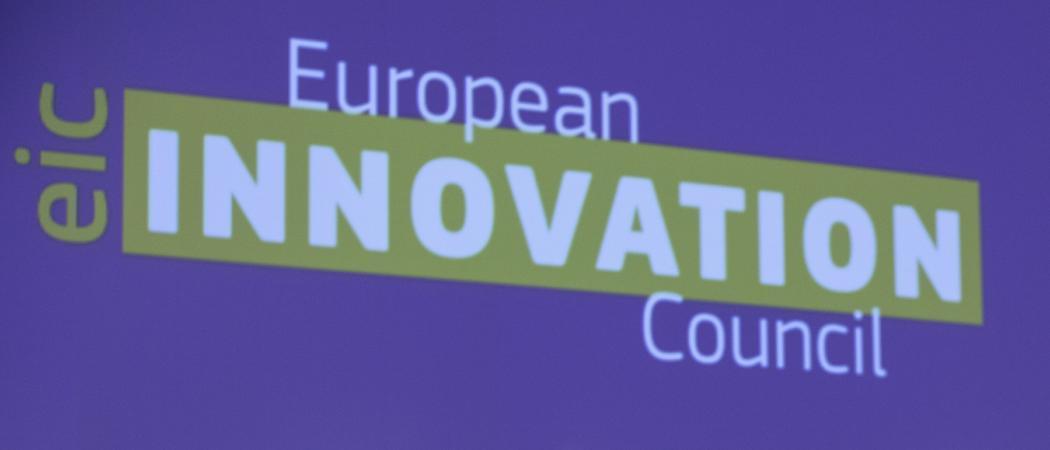Arrangement leaves UK companies with poorer access to EU innovation funding than Israel or Norway

UK-based companies will not be allowed to compete for financing in the European Innovation Council’s accelerator fund, according to notes accompanying the full EU-UK trade deal text published Saturday.
The text confirms that, while the UK can still apply for top tier membership of the forthcoming EU Horizon Europe research initiative, this will not come with access to the prominent pot of funding for new technology projects.
According to a Commission official, the arrangement sees the bloc protecting its companies’ interests against a rival economic power “on the doorstep of the EU”.
This revelation, found in joint declarations that go with the 1,246-page full text of the trade agreement, dashes the hopes of officials who wanted to see UK companies gain access to EIC equity funding and the EIB’s other innovation funding instruments (the UK had been cut off from these programmes during the 2020 Brexit transition period).
The arrangement means that while the UK can negotiate a close relationship with Brussels on research, its companies will receive less generous access to those in other non-EU countries such as Israel and Norway.
The accelerator fund offers companies grant funding of up to €2.5 million. Companies can also opt for equity investments of up to €15 million backed by European Investment Bank money.
But Brexit means that the EU bank can no longer make new financial investments in UK companies. The UK’s withdrawal from the EU automatically ended its membership in the EIB, together with its 16.1 per cent subscribed capital in the bank.
The outcome leaves the UK with poorer access to the 2021-2027 Horizon Europe programme than it negotiated for.
The UK government entered talks with the EU seeking full access to Horizon Europe, arguing that, “As an associate country we would look to agree an appropriate level of influence on the shape of the programme. This should be greater than current non-EU precedents, recognising the quality and breadth of the UK’s contribution”.
What the UK got
The EU-UK accord, when turned into law, will establish tariff and quota free trade between the two sides in goods, and cooperation in areas including science, climate change, nuclear and fusion research, security and transport.
The two sides finally clinched a trade deal on Christmas Eve that explicitly gives the UK access to five EU programmes, namely Horizon Europe, the Euratom nuclear research programme, the ITER project to build the world’s first functioning nuclear fusion system, the earth monitoring project Copernicus, and EU satellite surveillance and tracking services.
The UK will have no say in shaping these programmes, the treaty says.
The UK will not have access to Galileo encrypted military data, the EU confirmed. The UK will also no longer take part in the student exchange scheme, Erasmus+, despite an open invitation to do so from Brussels.
According to joint declarations, UK officials will have the right to participate as observers in the board of governors of the Joint Research Centre, the EU’s in-house scientific service, without voting rights. The UK will also keep its place in the European Research Infrastructure Consortium programme, which offers infrastructure funding for big research facilities across Europe.
Both sides “reserve their right to reconsider participation” in EU programmes, the text states.
The trade agreement followed a year of fraught talks on issues such as fishing rights and subsidy rules. Many aspects of the future relationship between the two sides remain to be hammered out, possibly over years.
EU officials met for the first time ever on Christmas Day to begin their scrutiny of the deal, with some diplomats wearing Santa hats and festive jumpers.
The UK parliament will vote – and in all likelihood pass – the trade deal on December 30, just one day before the Brexit transition period lapses. The EU parliament will hold its ballot on the agreement in January.





 A unique international forum for public research organisations and companies to connect their external engagement with strategic interests around their R&D system.
A unique international forum for public research organisations and companies to connect their external engagement with strategic interests around their R&D system.